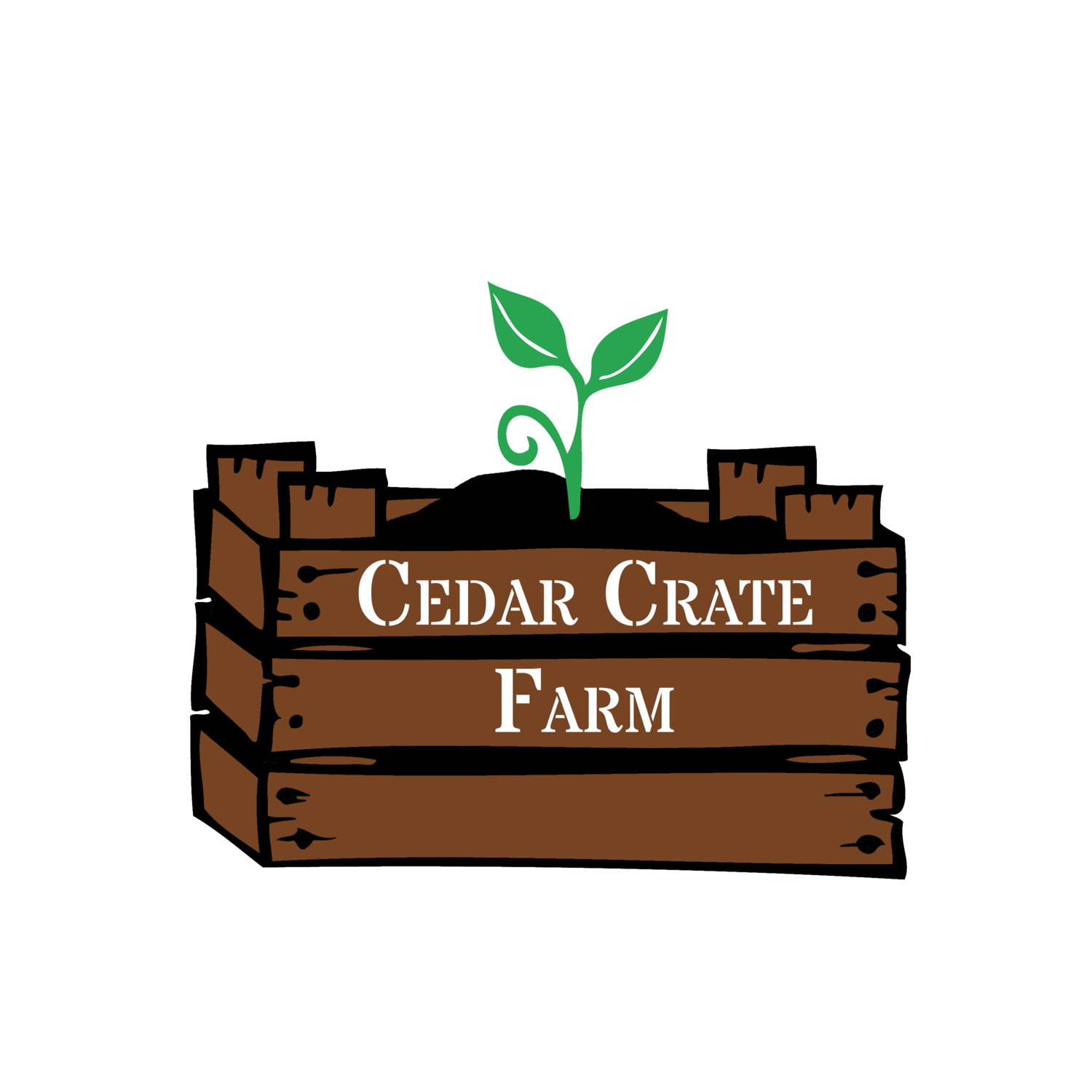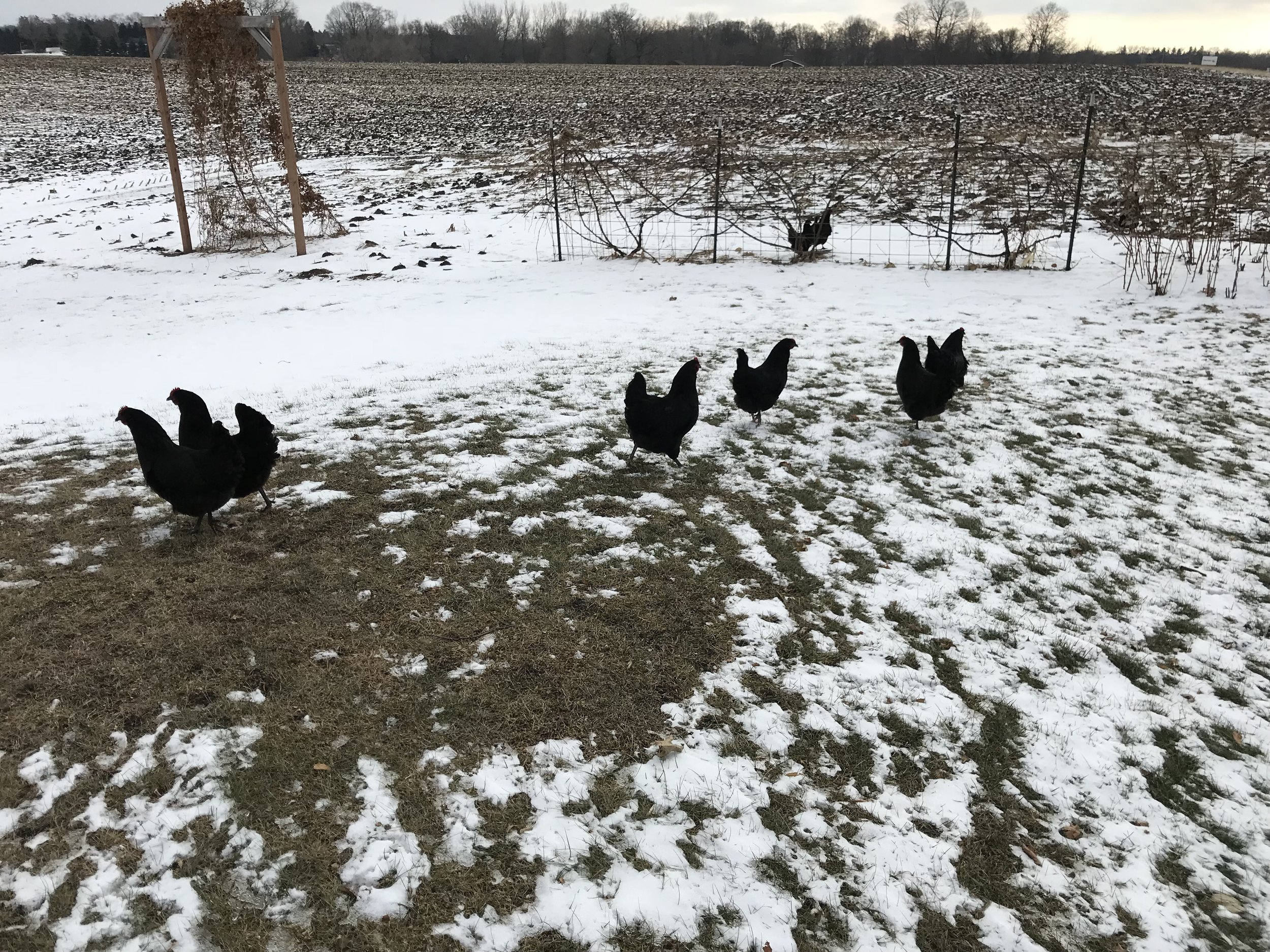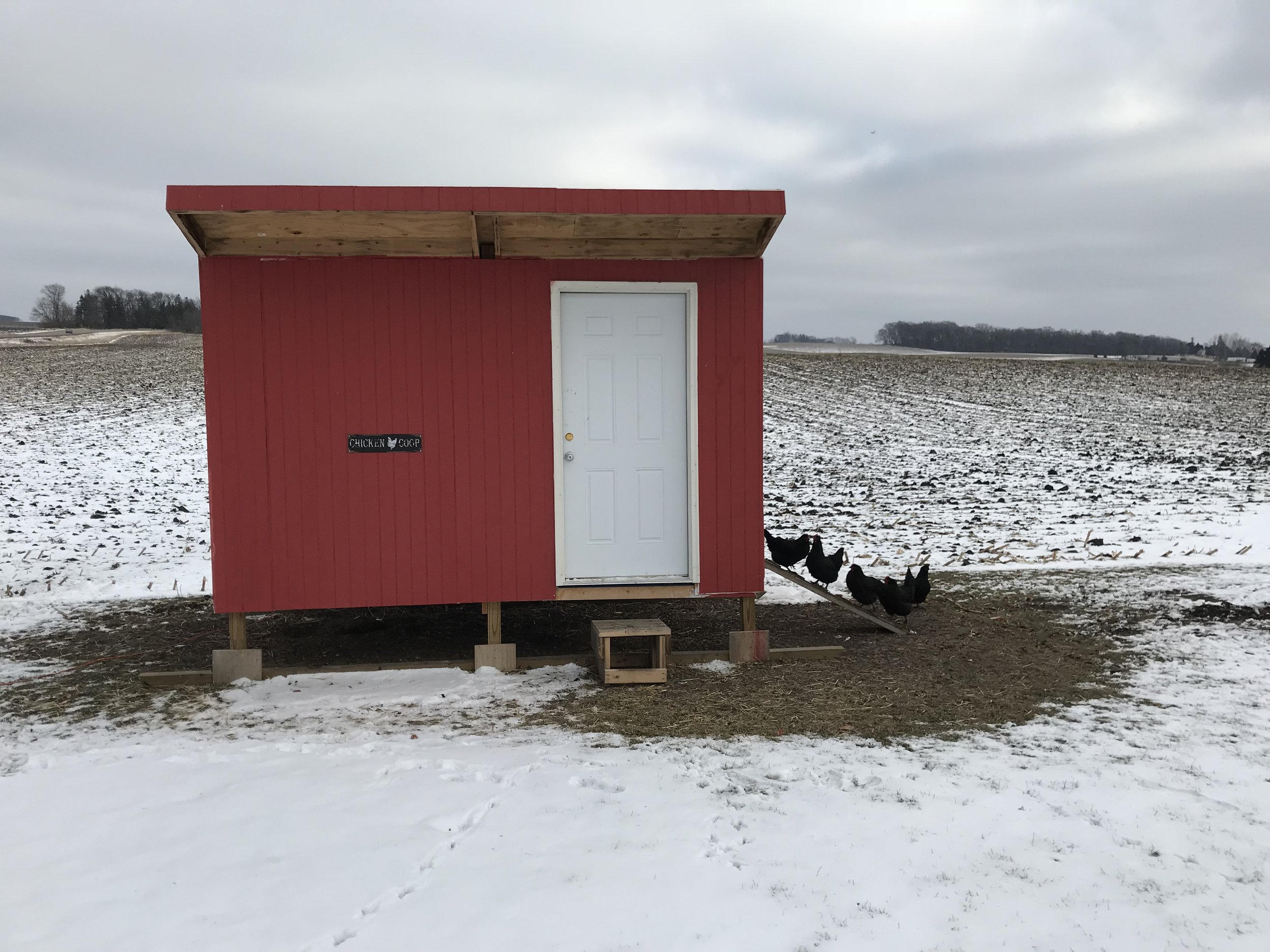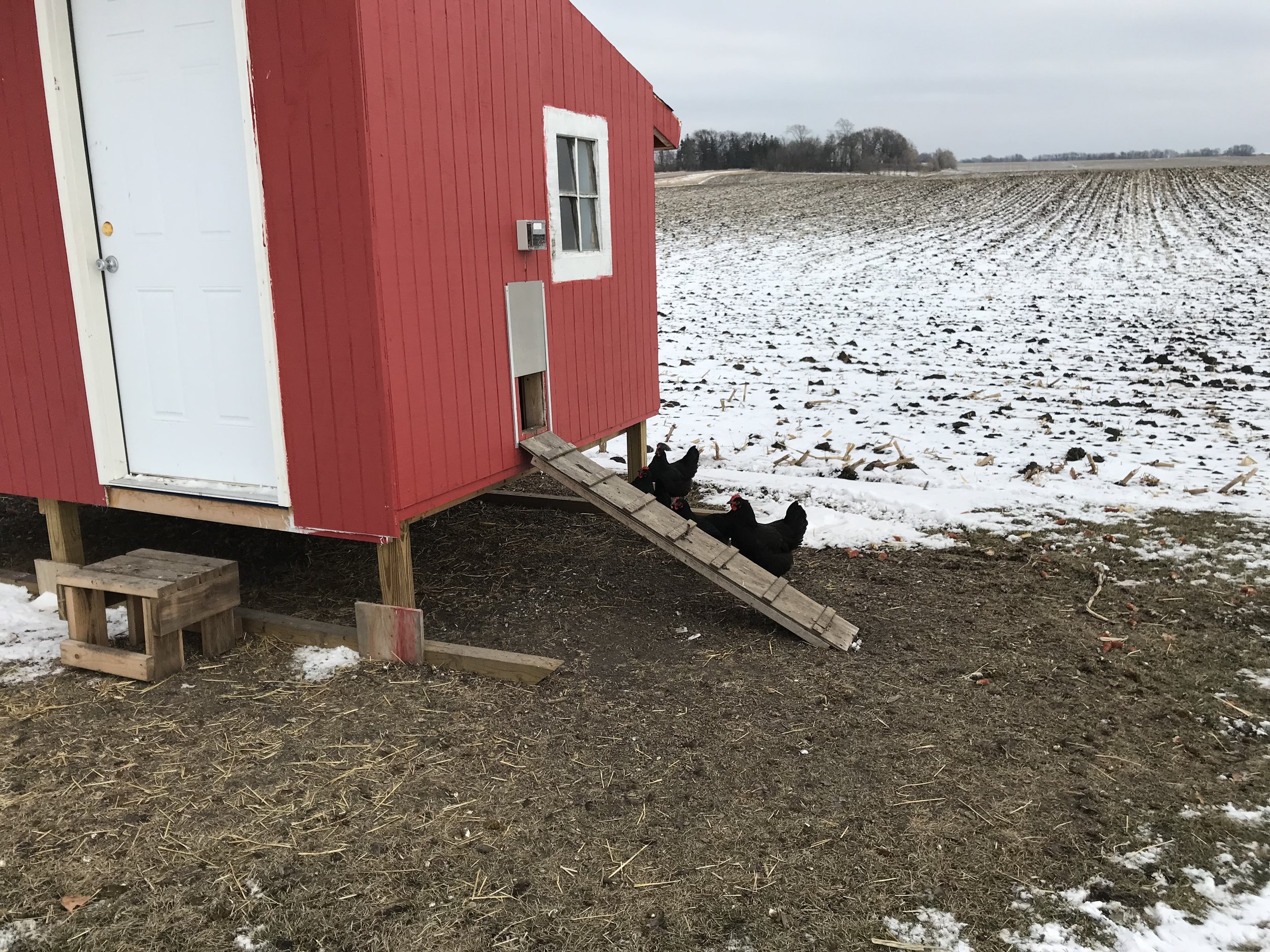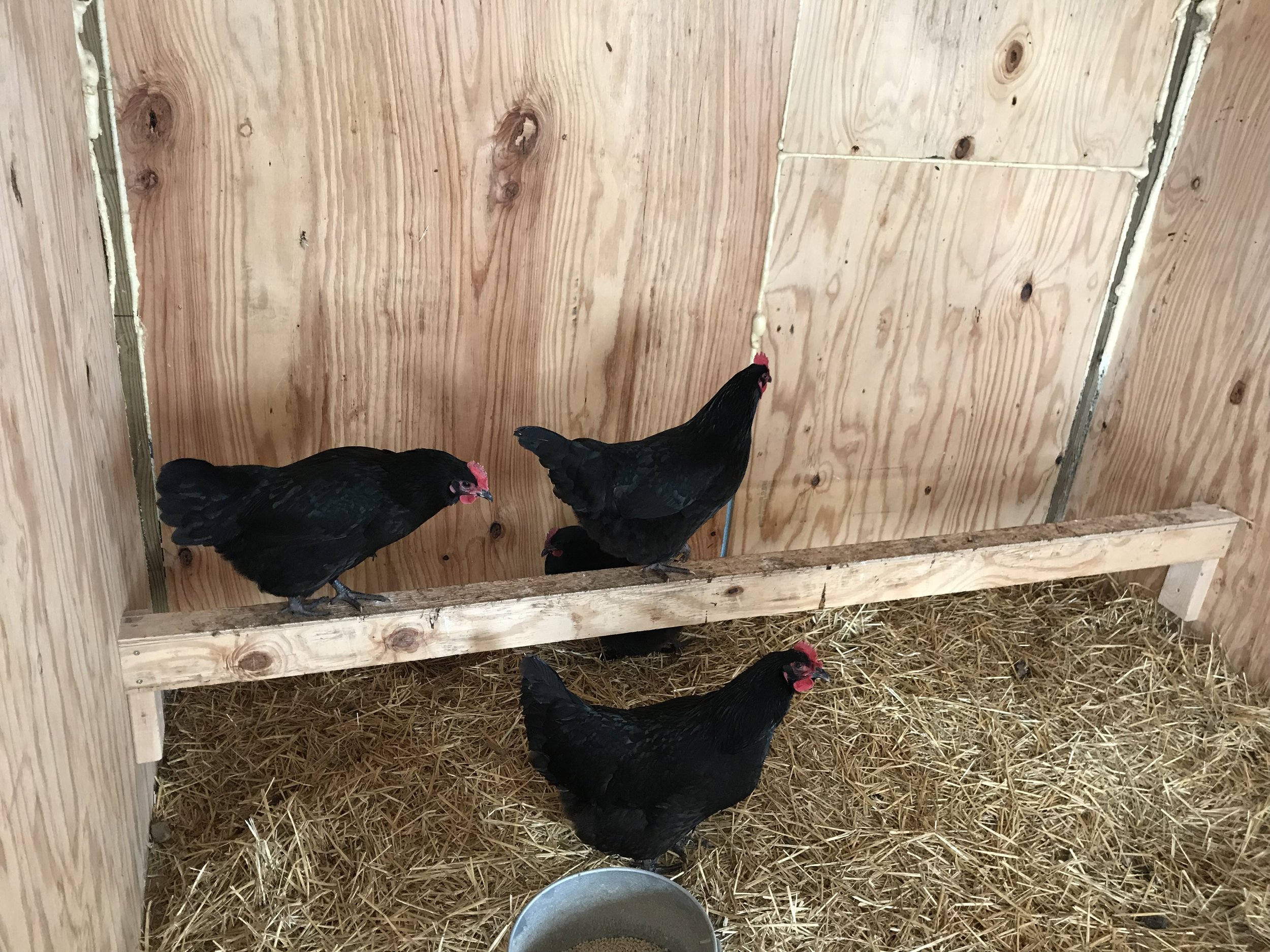Egg marketing jargon explained.
Stating that egg marketing jargon is overwhelming is an understatement. With all the terms out there - cage free, organic, free range, pastured, natural just to name a few - it's difficult to know exactly what you're buying and supporting. To add further to the confusion these terms are not mutually exclusive. You could have an organic egg from a chicken that never sees the light of day for example. In this blog post, we'll go over what these terms mean and try to clear up the confusion on egg marketing jargon.
Cage Free
Cage free is a pretty easy one. It means the chicken is not confined to a small cage, usually just barely bigger than the chicken itself, during its life. Unfortunately, this DOES NOT mean the chicken has access to the outdoors, or that the chicken is not packed into a poultry barn with thousands, or tens of thousands other chickens. Cage free is a start, but it's still a pretty atrocious life for a chicken.
Organic
Organic is a term that is "owned" by the United States Department of Agriculture (USDA) that is given to agricultural products that meet a certain set of criteria. For egg laying chickens it means they're fed organic certified feeds, their bedding is organic certified, and they have some access to the outdoors. This is a lot better than cage free and gets really close to the standard of animal well-being we strive for. The catch is that the outdoor access can be very limited - maybe only an hour a day. Furthermore, a "screen porch" is an acceptable form of outdoor access meaning a poultry barn could pass its organic certification and a chicken could still never set foot on real ground.
Free Range
Free range is similar to the organic standard outlined above. It means the chicken has access to roam outside but that outside access could be limited and could just be a concrete slab which doesn't allow the chicken to forage.
Natural
Natural is probably the most ambiguous of all the terms we'll outline in this post. When the term 'natural' is invoked most people probably think of a chicken running around a pasture foraging for insects, seeds and plants living a happy, carefree chicken life. What it really means it that the final product, eggs or meat, hasn't been altered. For example, brining or marinating a chicken after slaughter would disqualify a product from being natural.
Pastured
Pastured chicken is the gold standard for eggs and meat. It means the chickens are allowed unfettered, unrestricted access to a pasture where they can forage for insects, seeds, and plants. It allows the chicken to express it's full chickeness (a term coined by Joel Salatin of Polyface farms - an expert in sustainable farming). Pastured chicken usually get supplemental feed that helps round out their diet and provides when nature can't (like a Minnesota winter).
What are our chickens?
Utilizing the list of terms above our chickens are: natural, cage free, free range, and pastured. Our chickens are not certified organic - the straw we use for their bedding comes from a neighbor farmer who is not organic certified and the feed we supplement their diet with is not certified organic. As beginning farmers we do not have the cash flow to pay for expensive organic feed. Additionally we value supporting local farmers and prefer to purchase straw from them. This is the best way, for us, to raise a flock of chickens for eggs. Our chickens have unrestricted access to the outdoors, they are able to roam and forage for insects and plants and we don't inject them with antibiotics or growth hormones. They have ample room in their chicken coop when the weather gets nasty and their straw is changed frequently to make sure they stay clean. We think they live pretty good lives and they certainly enhance ours!
Source: https://attra.ncat.org/attra-pub/summaries/summary.php?pub=452
